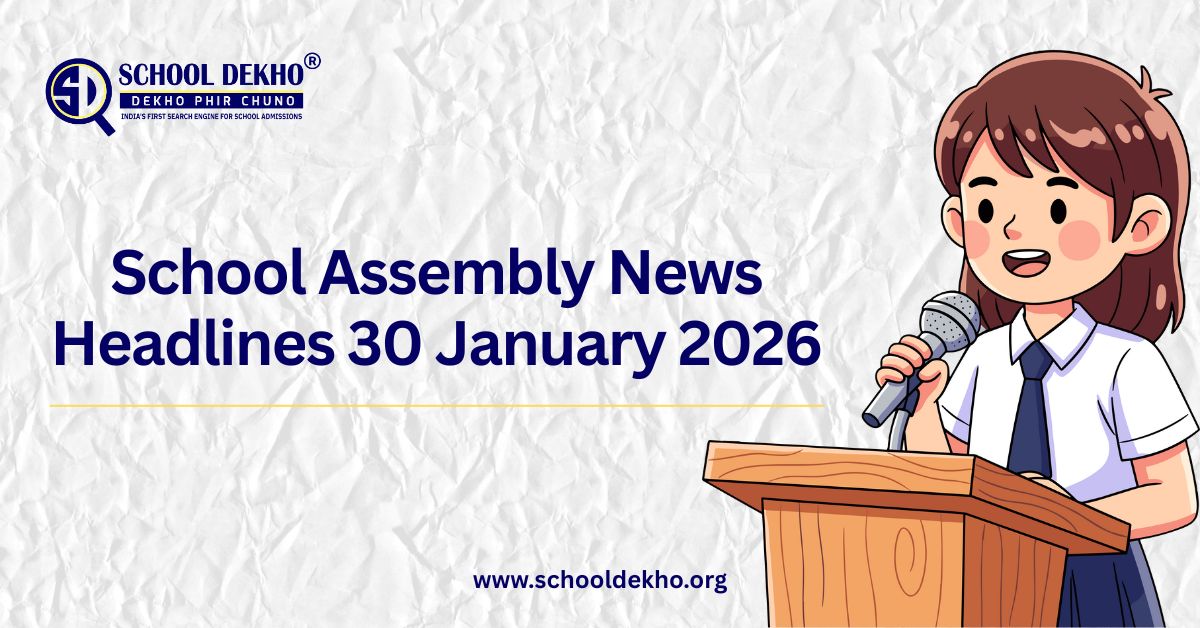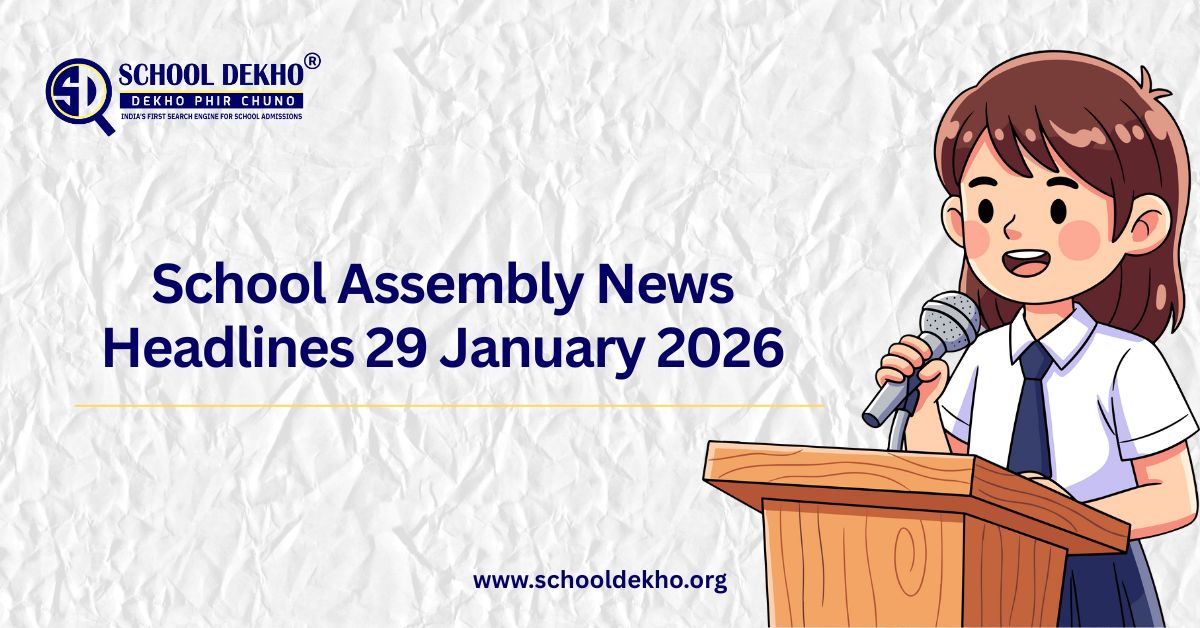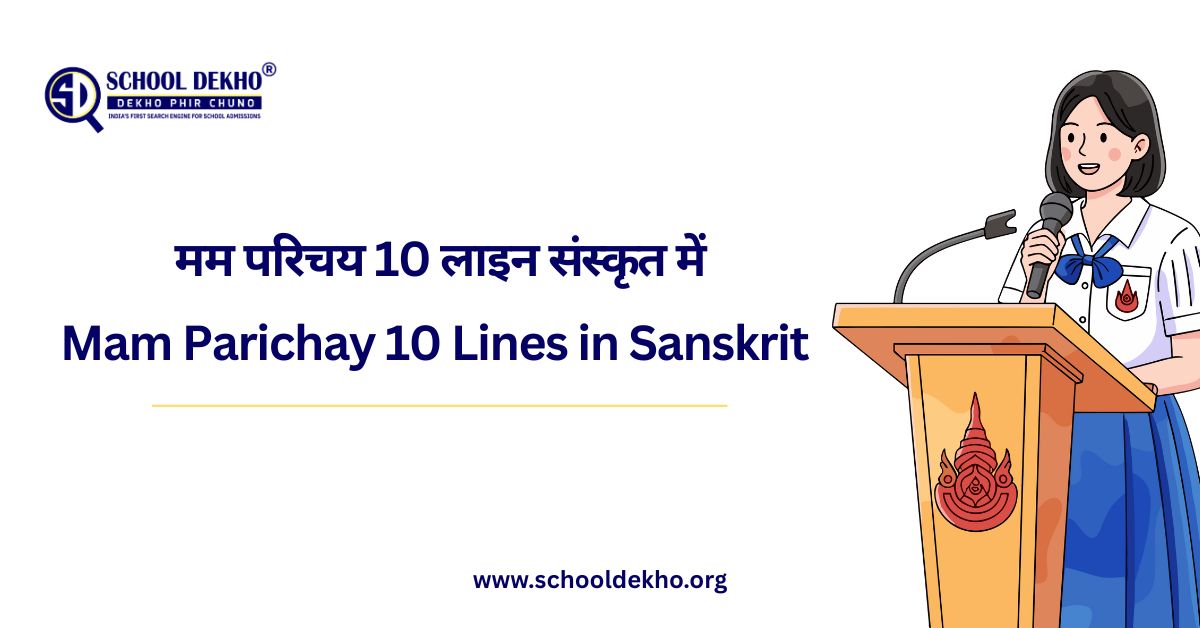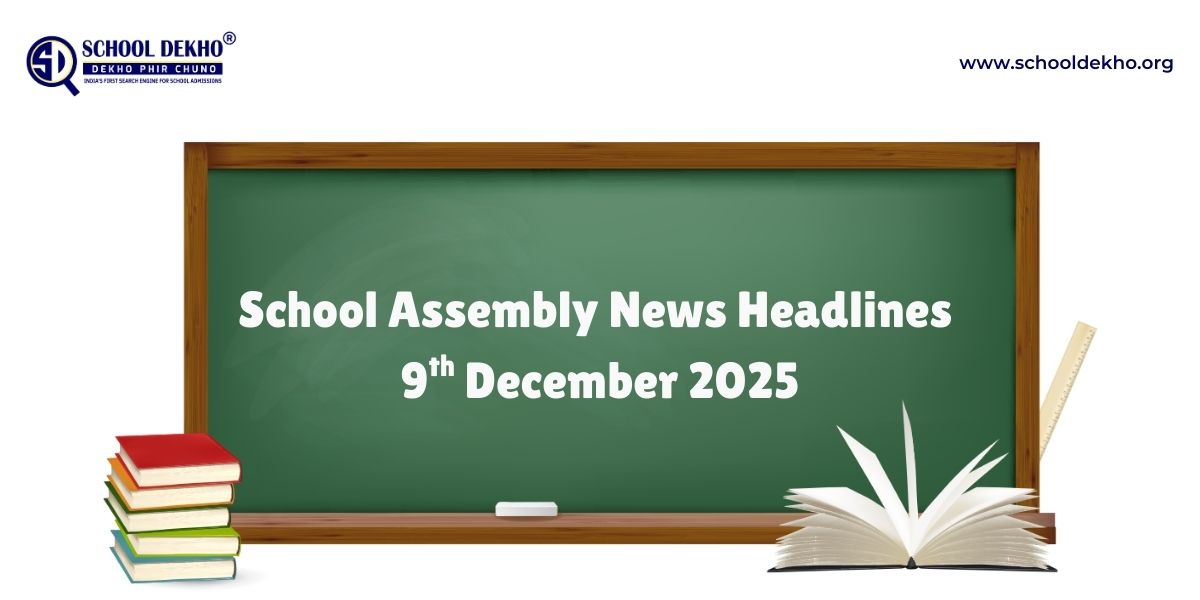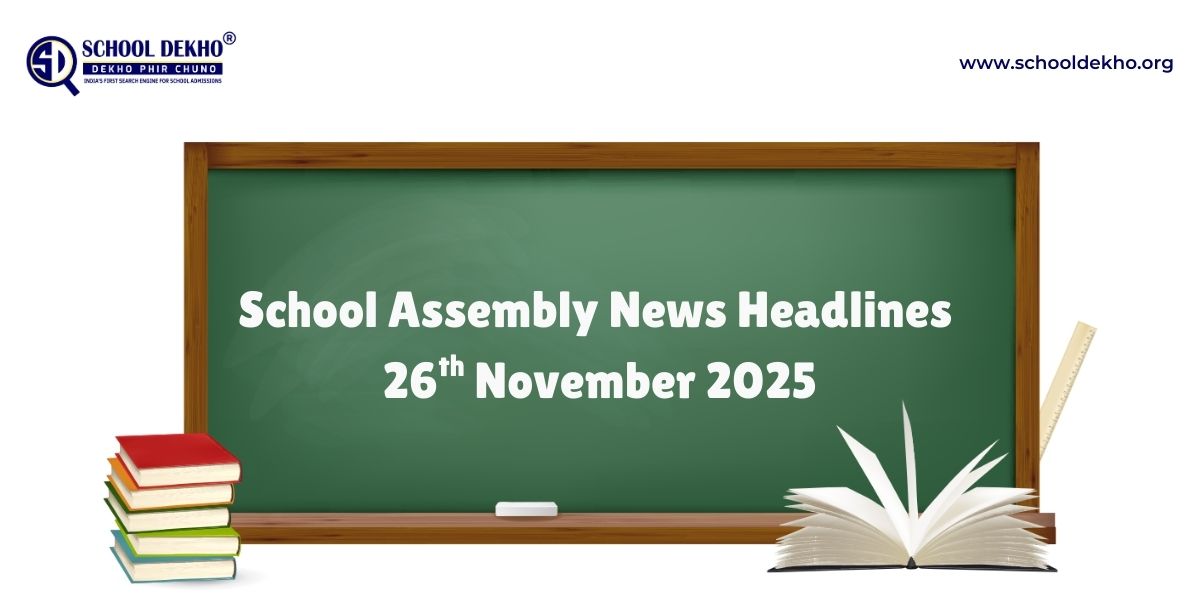National Education Policy (NEP).

The National Education Policy (NEP) covers almost every aspect of education, from elementary to higher education, in both rural and urban India. The first NEP was promoted by then-Prime Minister Indira Gandhi in 1968, the second by Prime Minister Rajiv Gandhi in 1986, and the third by current Prime Minister Narendra Modi in 2022. Founded on the five pillars—that is, access, affordability, equity, quality, and accountability—the NEP provides for reforms at all levels of education, from school to higher education. With the aim of developing India into a noble nation of knowledge and a superpower, the policy emphasizes research, innovation, and quality. "Educate, Encourage, and Enlighten" has been the policy's motto.
Union Finance Minister Nirmala Sitharaman stated in her budget speech that a central university will be set up in Leh to establish proper access to higher education. She has allocated funds of Rs. 50,000 crores for the National Research Foundation and Rs. 40 crores for Ekalavya schools.
School Education:
Universalization of ECCE (Early Childhood Care Education) will be implemented. The prevailing educational structure of 10+2 years has been redesigned to 3+2+3+3+4 years.The following is the elaboration on this:
Foundational Stage
Total Duration: 5 years
- 3 years at an Anganwadi/Balvatika/Preschool/Playschool for children in the age group of 3 to 6 years with multi-level play and activity-based learning.
- 2 years in Class 1 and 2 for children in the age group of 6 to 8 with multi-level play and activity-based learning.
Preparatory Stage
Total Duration: 3 years
- For Classes 3 through 5
- For children in the age group of 8 to 11 years
- Activity-based and interactive classroom learning
Middle Stage
Total Duration: 3 years
- For Classes 6 through 8
- For children in the age group of 11 to 14 years
- Experiential learning in myriad spheres- science, mathematics, social sciences, arts, and humanities
Secondary Stage
Total Duration: 4 years
- For Classes 9 through 12
- For children in the age group of 14 to 18 years
- Multi-disciplinary study, student’s choice of subjects, and critical thinking
The NEP has emphasized certain aspects regarding the language policy in School Education. These are:
- No language will be imposed on any state.
- In both private and public schools, up to Class 5 and preferably till Class 8, the mother-tongue is going to be the medium of instruction as far as possible.
- There will be a three-language system with languages opted by the states, regions, and students.
- Of the three languages, two must be Indian native languages.
- Sanskrit will be offered at all levels of School and Higher Education.
- Other classical languages will be made available, mainly as online modules.
- From the secondary level onwards, foreign languages will be offered.
For Class 10 and 12 Board Examinations, certain aspects have been highlighted, for instance:
- Board Examinations will be redesigned with the purpose of testing core competencies rather than mugging up facts.
- They will be redesigned to be easier for students.
- Students will be allowed to take the Examinations twice.
- There may be modular or semester-wise Board Examinations.
- There may be Examinations for different levels of difficulty.
- There may be different Examinations for objective and descriptive-type questions.
- By the year 2023, a modular model, rather than merely one Board may be in place.
The cardinal features regarding School Education are:
- Universalization of education will be implemented from age 3 to Class 10, by the year 2030.
- Key assessments will be conducted at Classes 3, 5, and 8.
- Students will be allowed to choose subjects, especially in secondary school. This would include arts and crafts, vocational skills, and physical education.
- By the year 2025, the National Mission on Foundational Literacy and Numeracy will make sure that basic skills are absorbed by the Class 3 level.
- Coding and vocational skills training will be incorporated into the curriculum from Class 6.
- Indian knowledge, values, and culture, including indigenous and tribal knowledge, will be incorporated into the curriculum.
- There will be a new accreditation framework for schools.
- There will be an independent authority for the regulation of both private and public schools.
The chief points regarding NIOS and Open State Schools are:
- A, B, and C levels can be offered that are equal to grades 3, 5, and 8 of the formal schooling systems.
- There can be provisions for secondary school programs that are equal to grades 10 and 12.
For Teacher Education, the following proposals have been given:
- The minimum qualification for teaching will be a B.Ed. degree.
- The B.Ed. degree will be a four-year integrated course.
The NEP has certain Digital Approaches, like:
- An autonomous body, NETF (National Educational Technology Forum) will be formed to increase the efficiency of the education sector.
- A new unit will be formed to serve the purpose of creating digital education resources including digital infrastructure, capacity building, and digital content.
- Across all levels, integration of technology will be initiated to usher in an improvement in classroom processes.
Contact us
Call: 1800 - 2588 - 074
Mail: info@schooldekho.org
Student’s Best Education Portal | School Dekho | India's First School Search Engine | Best Schools Near Me | Find Schools Near Me | Dekho Phir Chuno
#dekhophirchuno


